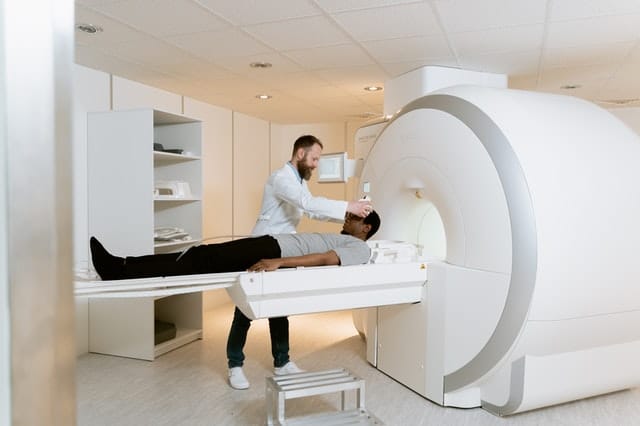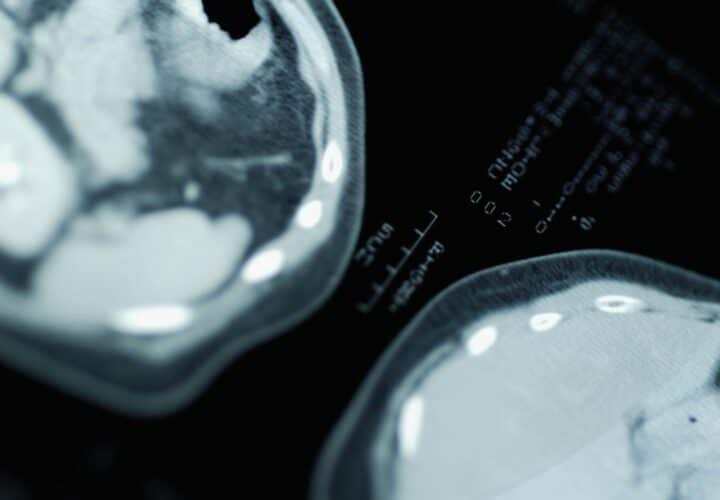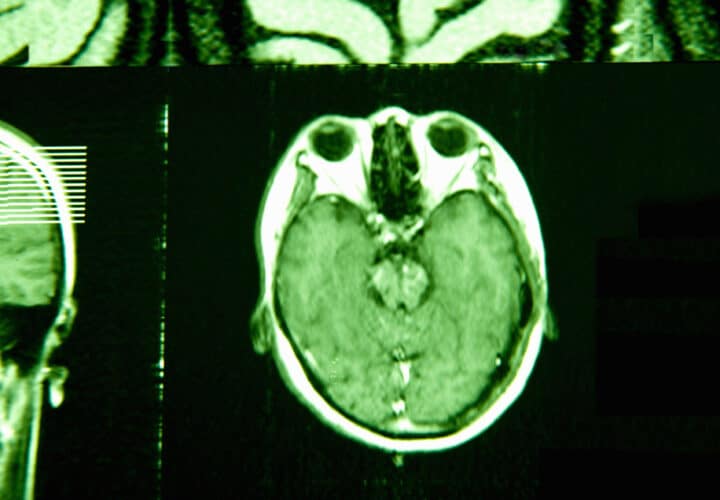If you sign up to participate in an Alzheimer's or dementia clinical trial, here are the five most common diagnostic technologies you might encounter.
Did you know that the brain is the most mysterious organ in the human body? Scientists still don’t know the majority of what there is to know about how our brains function. More is being discovered through imaging technology, but questions remain about functions as critical as how our brains process and store information.
How Does Alzheimer’s Diagnosis Work?
3 Things You Need To Know
The good news is that brain imaging has vastly improved in recent years. Scientists can now look at activity in specific parts of the brain and understand how that activity relates to certain behaviors. Imaging can also detect when things go wrong, and in the case of Alzheimer’s, brain scans can pick up on early signs of disease—signs that appear years before a person ever experiences symptoms.
How Effective Can a blood Test
Be in Diagnosing Alzheimer’s?
Thanks to Being Patient reporter Simon Spichak, here’s a quick rundown of the different ways doctors and researchers can look inside your brain to understand if you could be on the road to Alzheimer’s. You might encounter them if you enroll in an Alzheimer’s clinical trial. (Want to keep this info handy? Click here to view this list as a PDF so you can download or print it.)
Here’s How Scientists Are Working Towards
Developing Alzheimer’s Diagnostic Tools







Thanks for sharing about The 5 Most Common Diagnostic Technologies in Alzheimer’s Clinical Trials
How do i become part of trials. My mother was diagnosed with Alzheimer’s last June. I have frontal lobe scarring from a car accident inmy youth. And am nervous